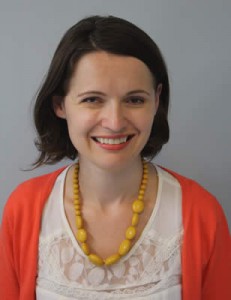I’m going to try something a little different for me this year – sharing information with you via Compass2g. I will post my weekly schedule and announcements to Open Learning – Psychology Advising – Billy Vermillion. All of my current advisees have been added as users to this space, so you should see it when you open your Compass. If you are new to Psychology and are assigned to me, I will add you, as well; if it doesn’t show up in Compass after a few days, just let me know.
I’ve also added links back to this site, an FAQ (“How Do I…?”), and additional information about research labs. I’ll be adding/updating Compass throughout the year, so check back regularly.
For now, I am going to keep this blog site up and running and may continue to make changes to it, though I will probably be posting here less frequently for a while. I am hoping to gradually move all of the resources and information from this site into Compass.







